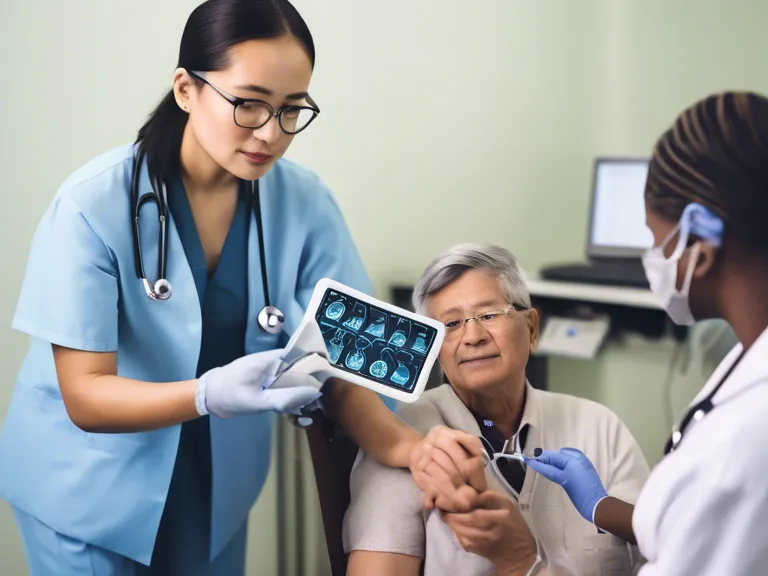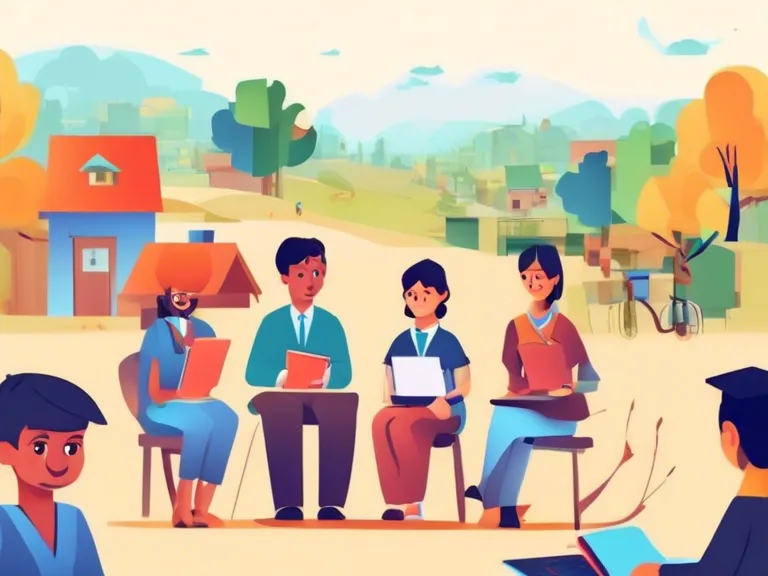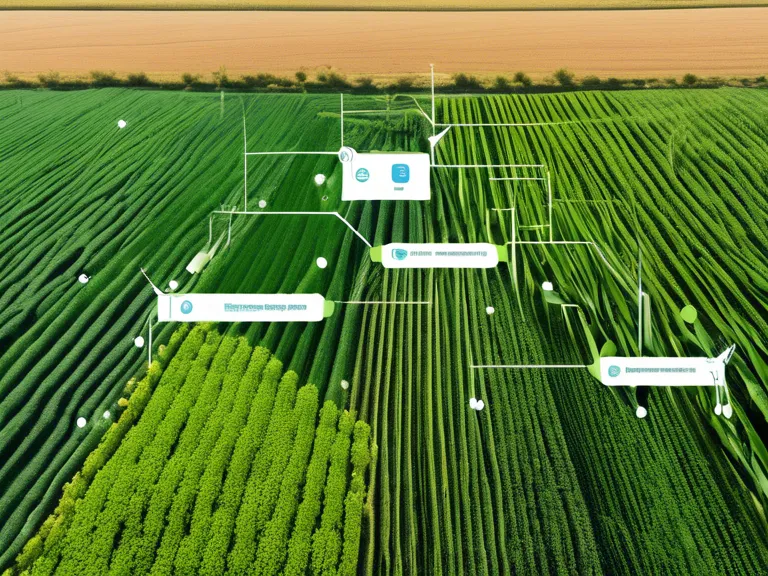
As technology continues to advance, AI diagnostic tools are revolutionizing village health care by providing faster and more accurate diagnoses. These tools, powered by artificial intelligence algorithms, are able to analyze medical data and images to help healthcare professionals make more informed decisions. From detecting diseases to recommending treatment plans, these AI tools are changing the way healthcare is delivered in rural areas.
One major benefit of AI diagnostic tools in village health care is their ability to bridge the gap between patients and healthcare providers. In remote areas where access to specialized medical services is limited, AI tools can help fill the void by providing quality care and improving health outcomes. For example, in regions where there may be a scarcity of doctors, AI tools can assist in diagnosing common illnesses and recommending appropriate medications.
Moreover, AI diagnostic tools can enhance the speed and accuracy of diagnosing health conditions. By analyzing medical records, lab results, and imaging scans, these tools can quickly identify potential health issues and help healthcare providers make timely decisions. This can be especially crucial in emergency situations where prompt diagnosis and treatment are essential for saving lives.
In addition, AI diagnostic tools can also play a role in predicting and preventing diseases. By analyzing patient data and identifying risk factors, these tools can help healthcare providers develop preventive care plans to keep villagers healthier in the long run. This proactive approach to healthcare can lead to early detection of diseases and better management of chronic conditions.
Overall, the integration of AI diagnostic tools in village health care is a game-changer that has the potential to improve the quality of healthcare services in rural areas. By leveraging the power of artificial intelligence, healthcare providers can deliver more efficient and effective care to villagers, ultimately leading to better health outcomes for the entire community.



